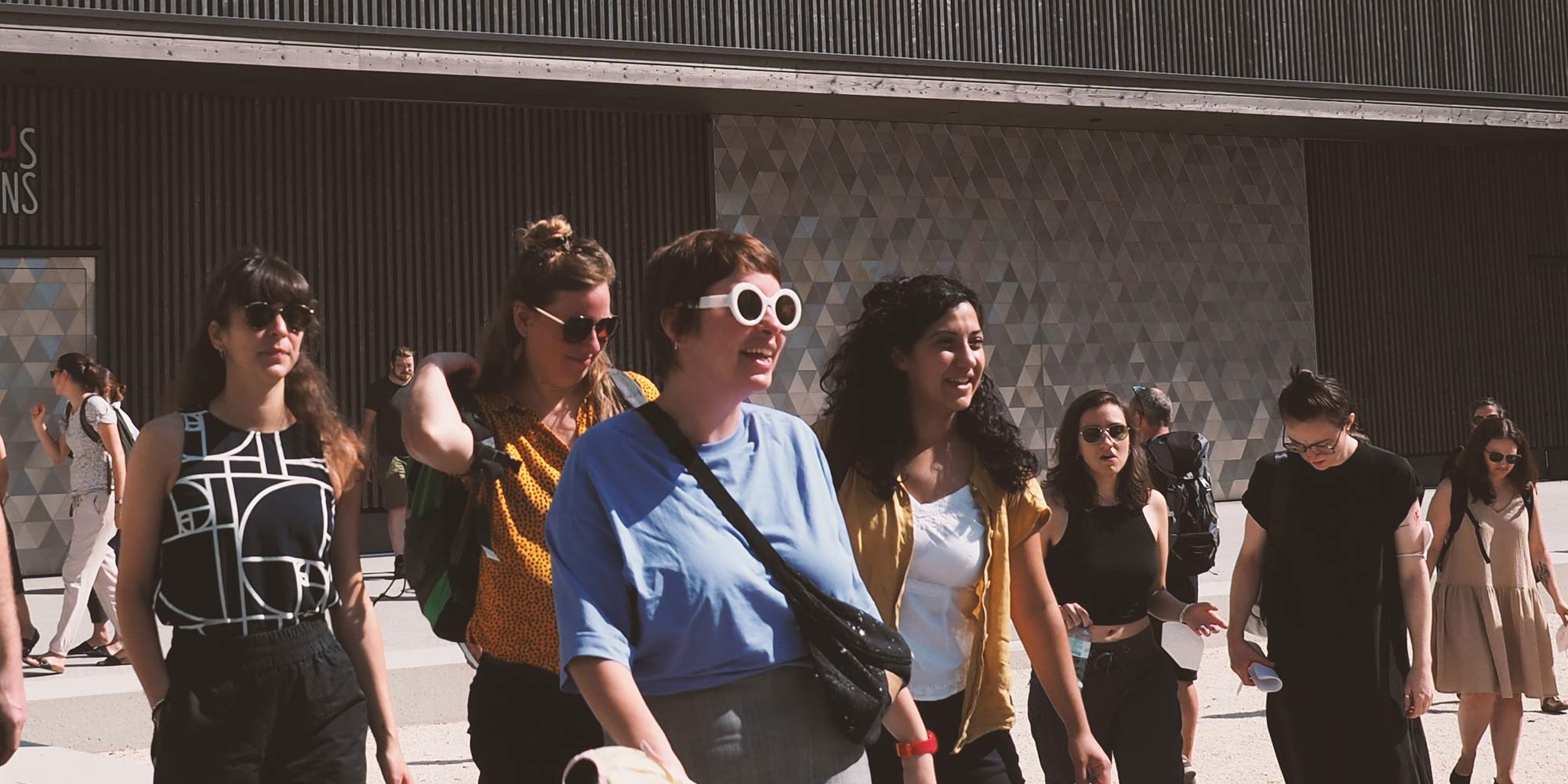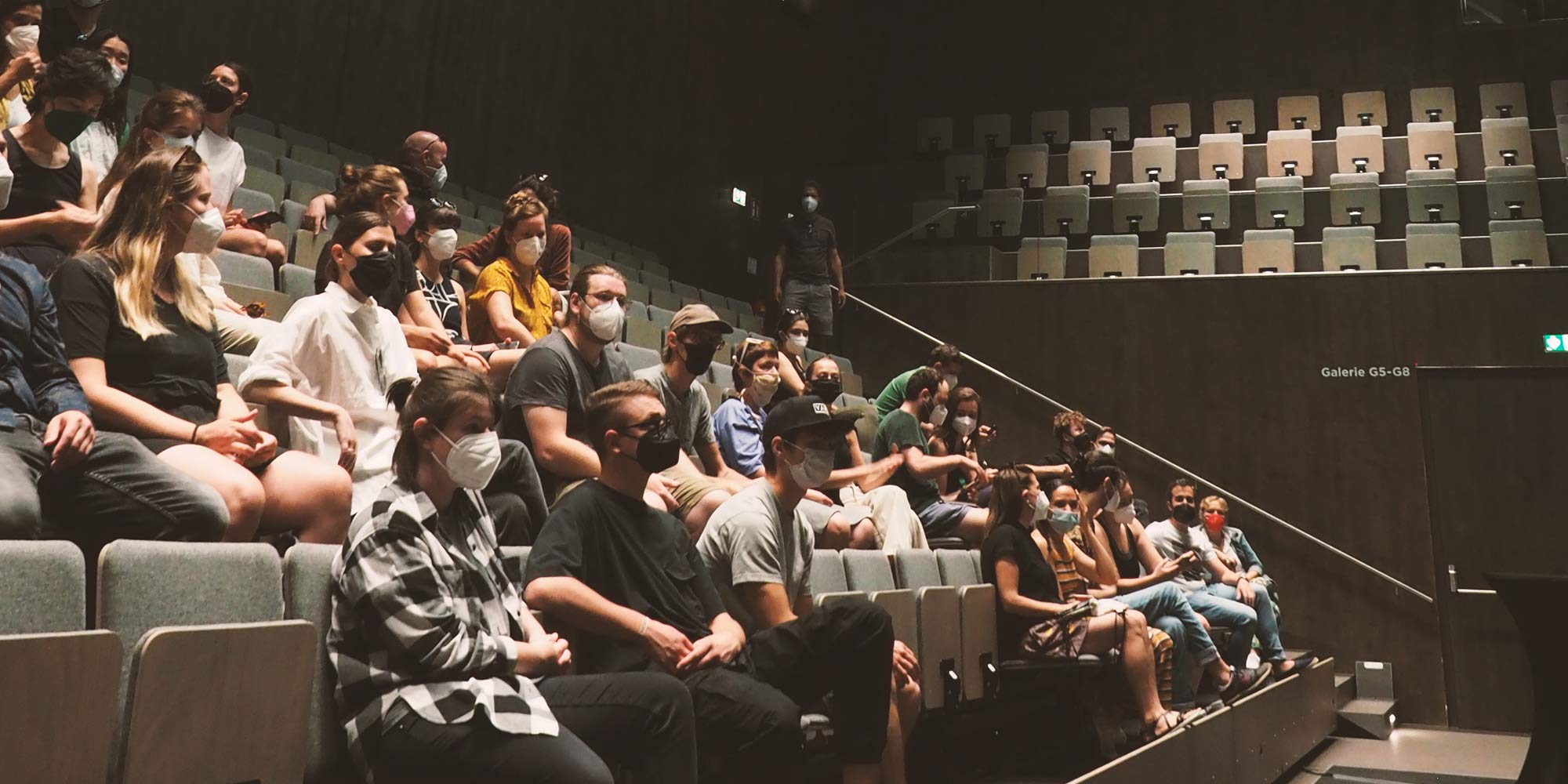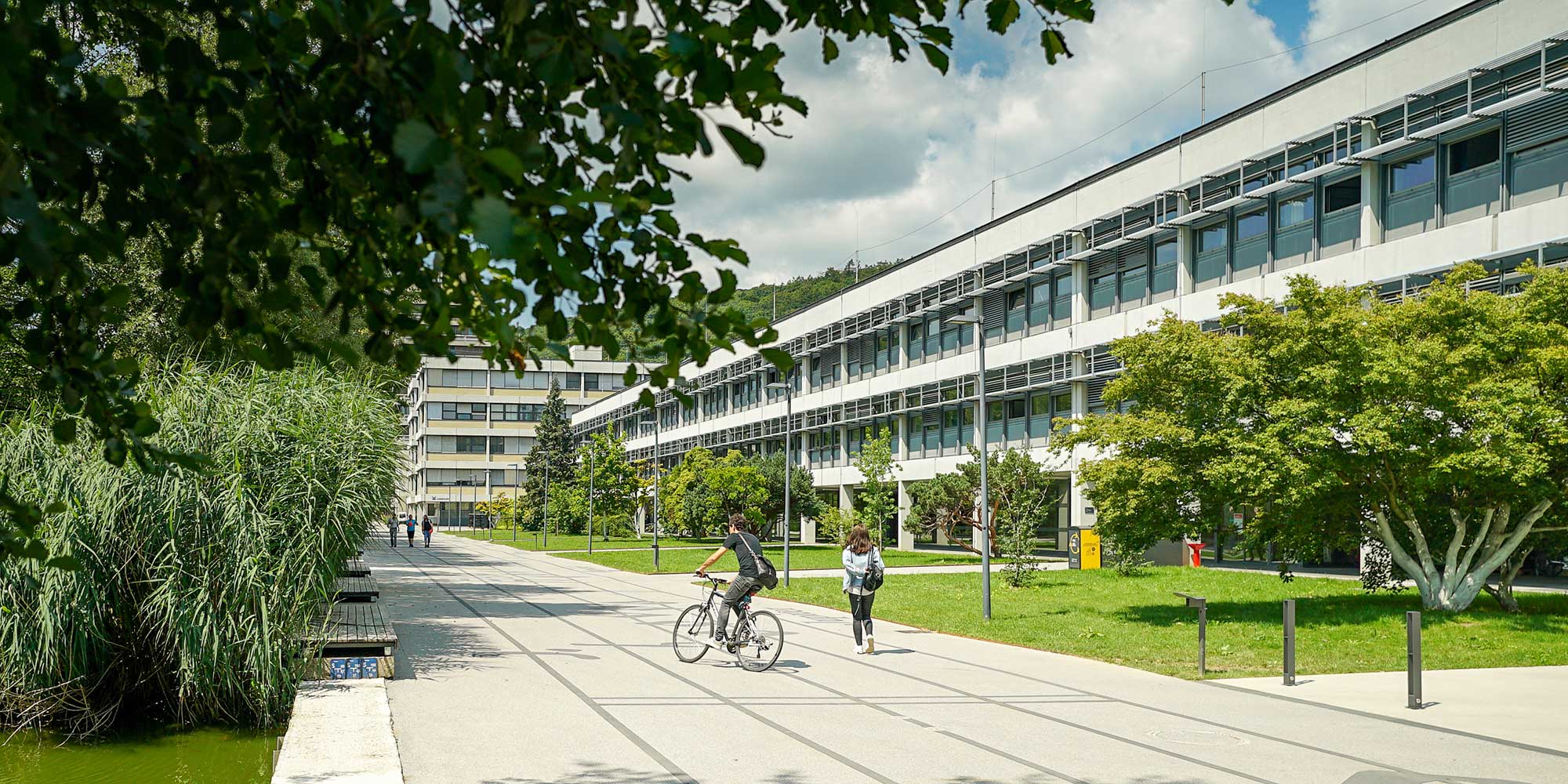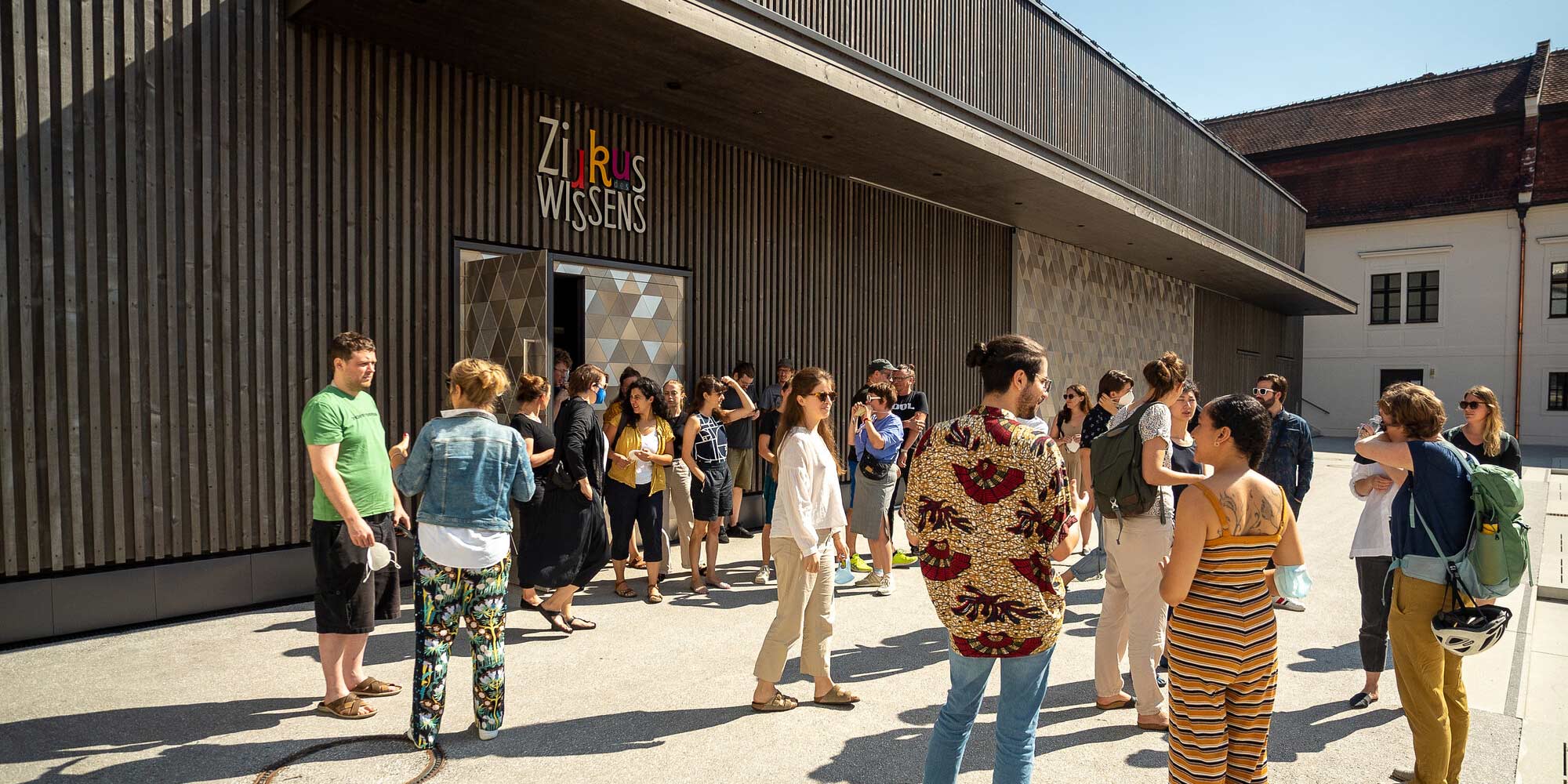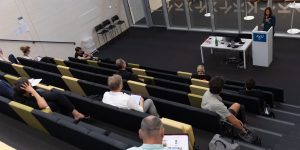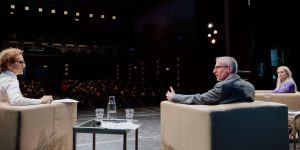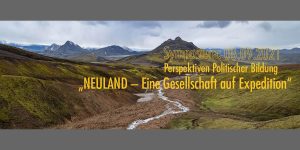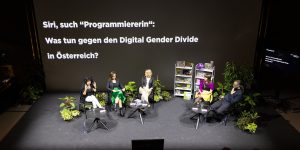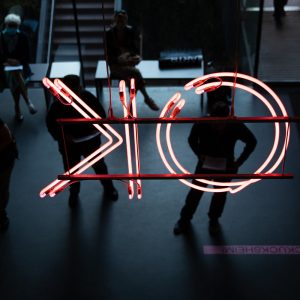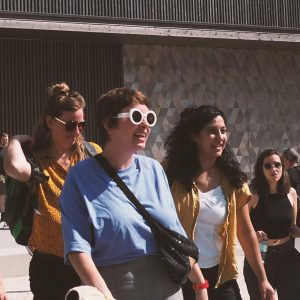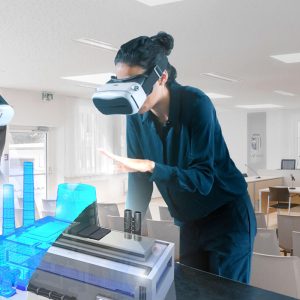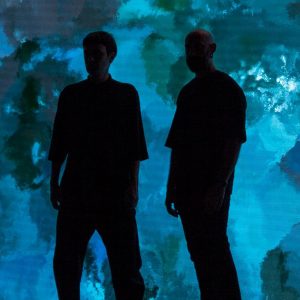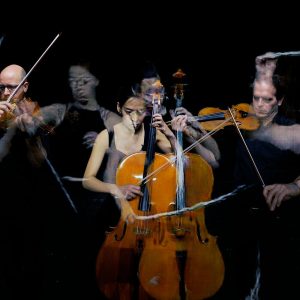The festival starts with an Education Day
This question is the starting point of the two-day “Symposium Universitas“, with which the Johannes Kepler University, the University of Applied Arts Vienna and the Danube University Krems start this year’s festival. It is about how digital technologies change university teaching, which new skills have to be taught and which new methods have to be implemented, how performance and scientific output can be “measured” in a meaningful way, and how transdisciplinarity should not only be attempted, but lived.
The fact that digital gadgets, algorithms and the Internet are increasingly shaping our lives is just as clear as the unfortunate fact that women are still heavily underrepresented in the development of all these technologies. As part of her initiative “Initiative Digitalisierung Chancengerecht” (IDC), Doris Schmidauer invites experts from education, technology, business, culture and media to a panel discussion and wants to know what are the causes of the digital divide between the sexes and with what concrete measures we can overcome this gap once and for all.
The conclusion of this “Education Day” and at the same time the official Opening of Ars Electronica 2021 will be the opening of the new “Circus of Knowledge” with which the JKU wants to contribute from now on to ensuring that the magic of knowledge and the magic of cognition are caught as early as possible here in Linz and that young people are encouraged to develop and pursue their own ideas for the future… The artistic highlight of this evening celebration at the interface of art and science is the new interpretation of Schubert’s “Winterreise” (Winter Journey) by Naked Lunch frontman Oliver Welter and exceptional pianist Clara Frühstück, impressively accompanied by digital visualizations by Cori O’Lan…
